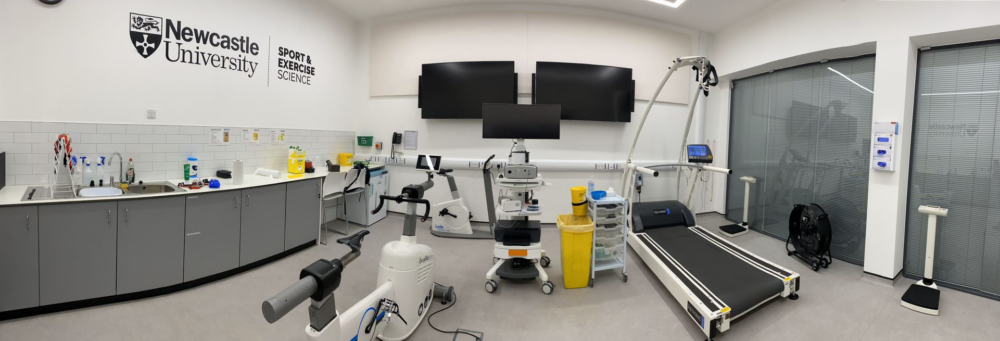The Power of Connection: Exploring Support in Performance and Health
Supporting others, or getting support, can be beneficial in lots of ways. It helps build and maintain relationships and allows us to feel connected to the people around us. This support can help every one of us, including people trying to become physically active, or to improve self-confidence and performance.
But are we comfortable opening up and asking for help? Do we really know the intricacies of support and how it should be provided or perceived? What are the effects of support for different populations?
Beyond SMART Goals: Tailoring Motivation Interventions
Goal setting has been shown to be beneficial for helping develop and maintain motivation in a variety of settings. Although recent research suggests a one-size fits all approach to goal setting might not lead to sustained change, particularly for an inactive population.
What innovative alternatives might be available to us? How might we design goals for clinical populations looking to improve physical activity?
Behind the Scenes: Unveiling the Science of Support in Health and Performance
Dr Adam Coussens, of Newcastle University, has been addressing these types of questions from his PhD focussing on social support of athletes, through to his recent research applying support and goal setting principles in different populations, including emergency services. Adam also co-hosts the internationally attended conference, Psychological Insights into Coaching Practice. This blog will focus on one current project Adam is working on, an intervention to improve physical activity levels in heart failure patients.

Adam has collaborated with fellow researchers from Teesside University, Newcastle University, and healthcare professionals from NHS Trusts across the north-east, as part of the BeActive Heart Failure group. Adam is working on this Heart Failure UK funded feasibility project to provide resources and support to people to understand the barriers within cardiac rehabilitation, and subsequently promote physical activity and cardiac rehabilitation uptake.

Adam has been working with healthcare professionals leading tailored workshops, equipping them with the tools to guide their patients towards utilising social support and setting effective goals. These workshops emphasise the crucial role of perceived and received support, identify potential gaps, and offer strategies for effectively utilising existing networks. Furthermore, practical guidance is provided on how to set more ‘open’ and ‘do your best’ goals, to help maintain motivation and physical activity.

What is Next for the Project?
Physical activity levels of heart failure patients involved in the project are being monitored using Actigraph measures. Interviews will also take place with healthcare professionals who delivered the intervention, and heart failure patients, to evaluate the effectiveness and practicality of this project.
As this is currently a feasibility study, the aim is to develop the multidisciplinary intervention further to include more NHS Trusts and identify whether a BeActive-HF intervention could be used as part of routine clinical care for patients with heart failure.
